 Dear Pediatricians,
Dear Pediatricians,
Let me first preface what I want to say by telling you that I truly appreciate what you do.
Many years ago, my best friend realized that she had missed her calling and decided to go to medical school. I remember her journey from the application to med school letter I helped her edit, through her move to Miami to attend med school, the frantic hours of studying and coffee overdoses, through her years as an overworked, sleepless resident, to the very non-glamorous and non-fortune amassing reality of opening her own practice. I remember conversations over the phone in which she enlightened me just how much there is for a physician to know and how little time there is in which to learn it. People tend to see physicians as living high on the hog – when, in reality, you are business owners also struggling to maintain a profitable practice while jumping through government and insurance hoops in order to provide the best care for patients you are still just as dedicated to as you were when you began as a young, idealistic medical student. All while having to maintain a straight face while calmly explaining to your patient that, no, the diagnosis is likely a hangnail and not that exotic tropical cuticle parasite he read about on an online health board. I haven’t lived it, but I understand that the very act of being a physician is, in many ways, a sacrifice that is often unappreciated.
So, I do not view you as the enemy. In fact, pediatricians are my favorite kind of doctors. Why? Because you guys answer the phone on weekends and weeknights. You actually have an answering service. You folks will see a sick patient faster than any other kind of doctor. And many of you will open up on Saturday mornings. For when your patients get sick, they tend to get sick fast. And you know that when your patients are sick, their parents are agonized with worry – thus creating two patients really. You must endure tantrums, being bitten, ear-piercing shrieks, hysterical mamas, patients who cannot speak for themselves, heartbreaking tears, and witness abuse and neglect on a frequent basis. As a teacher, I do a little of that myself, so I have a particular fondness for you guys.
Now that I’ve expressed how wonderful you really are, let me tell you a little bit about me.
I am the mother of a soon-to-be three-year-old on the autism spectrum. I say “on the spectrum” because we do not yet have our official diagnosis. (That process begins next month at our return visit to a developmental pediatrician.) I know that one is not supposed to claim a diagnosis before it is given, but autism runs in my family. And, when you’ve seen it, you know it. Even if that weren’t the case, I’m a teacher. In fourteen years, I’ve seen a little bit of everything. So, I began our journey with autism already somewhat familiar with it and its signs.
My son has been delayed in every developmental area, some more than others. He rolled over a few weeks late. He sat late- yet not overly so. But everything he did was just a little later than expected. He never crawled properly (a knee walker). He didn’t point. He didn’t progress much past “Mama” and “Daddy”, and he didn’t begin walking until 16 1/2 months. We were also a little bit worried about his hearing, but he had tubes and frequent ear infections, so a possible hearing loss wouldn’t have been a surprise. Knowing that none of these things in isolation were definitive indicators, I mentioned them to our pediatrician in early visits but I didn’t panic. He was, after all, affectionate, interactive, and full of joyful expression. So we kept our cool. At least until he began flapping. The kind of flapping that anyone who knows autism recognizes. I knew. And I knew enough to get moving.
I took him in for a developmental assessment the day he turned 18 months old. That was my cutoff point when I gave myself permission to panic. 18 months until “wait and see” would no longer be an option for me. Our normal physician was on vacation, so we took him to see another doctor in that practice.
And the minute the doctor opened the door to the examining room, my son turned, looked him in the eye, and gave him one of those devastatingly cute smiles of happy toddlers. We had been sitting in a very clean, tidy, sterile room with nothing to be distracted by but a small bucket of toys. So, when the doctor walked in, my son was at the toy box – delightedly scattering them all about.
I know exactly what this doctor was thinking. He, a wonderful and dedicated pediatrician, surely had seen many cases of severe autism in his years of practice. And he was looking at a little boy smiling and hugging his mother, showing an interest (albeit very brief) in someone entering the room, making eye contact (again – very briefly), and sitting in front of a toy box. I know this doctor had the skills to recognize severe cases – head banging, no interaction whatsoever, aversion to touch, etc. And, seeing an absence of those behaviors, he reassured me that he wasn’t worried. He did suggest that, if I was still worried, I contact Early Steps for an evaluation . And he did listen to me while I discussed specific behaviors. But he didn’t see what was already evident to the trained eye. Here is what he missed:
1. Though my son did show an interest, it was brief, very brief. 18 month olds should maintain more consistent eye contact when spoken to and hold it for longer than my son. They should show an interest when offered things and a desire to interact. And not just on their own terms. On their own terms is a phrase known all too well by parents of autistic kids.
2. My child, though not excessively delayed in any one thing, did show a consistent tendency to be behind in every developmental area to some degree. This is very common among kids with autism spectrum disorders.
3. He wasn’t pointing. And I don’t mean just not pointing with an index finger. He wasn’t indicating what he wanted in any way or drawing my attention to things he wanted me to see – ever. This is a Big Red Flag. The misconception is that it is but one symptom of autism in a list of many. Nope. This one alone is enough to warrant further investigation of a developmental delay.
4. My son was sitting with the toys. But he wasn’t playing with them. He was repeatedly throwing them. But not playing. Children with autism spectrum disorders often do not know how to play with toys appropriately. The fact that he was interacting with literally the only items in the room did not mean he was playing appropriately. There is a big difference between playing with a toy truck and repeatedly banging it on the floor.
5. We voiced suspicious of a hearing problem. No. This, in itself, is not an indicator. The indicator is that it was combined with so many other symptoms. Almost every parent I know with and ASD child was worried about a hearing problem first. Almost always, their child’s hearing was perfect.

This smiling affectionate baby you see here making eye contact? He is on the autism spectrum. It isn't always so obvious.
Had he been looking at symptoms presenting more severely, I believe he would have pulled out an M-CHAT. I do. He is a good doctor and one I would return to. Truly. He just wasn’t as cognizant of milder symptoms of autism. I didn’t know about the M-CHAT, so I walked away happy – desperately wanting to ignore the nagging voice inside my head and so relieved that a doctor wasn’t worried.
Fortunately for my son, that nagging voice wouldn’t shut up. I had seen enough autism and read enough about it that my mind would not rest easy. Being a school librarian, research is instinctive to me. So, I jumped online. That’s when I found First Signs. And that’s when I discovered the M-CHAT. I printed it out and answered the questions. And he flunked it. (By flunked, I mean that he scored just one number above passing without a need for further investigation.)
And here’s the thing. He only just flunked it. Only enough for it to say, “This may warrant further evaluation. Take this to your doctor”, etc. So, I called back and got in to see our regular doctor. We talked. She, too, is a wonderful doctor. She also told me she wasn’t too worried. But, after seeing our M-CHAT results, she went and got another M-CHAT and proceeded to interview us to complete it. Again, he just flunked.
I love our doctor. She listens and she doesn’t presume to know everything. And she had already ordered up a physical therapy consult. But it is because of that barely flunked M-CHAT that she referred him to a developmental pediatrician and ordered up additional speech and occupational therapy consults. She, too, saw my son’s strengths and wasn’t anywhere near as convinced as me that there was an autism spectrum issue looming. At that point, no one was but me. Not even my husband. I remember psychoanalyzing myself and wondering if I was developing hypochondria by proxy. Even when we had the Early Steps screening, the therapists evaluating him compared him to more severe cases and told us they didn’t think it warranted going to a developmental specialist.
But it did. And now everyone sees what I was so worried about then. This is one of those times when “I told you so” isn’t quite so gratifying.
So, finally I get to what I need to say. I know that you cannot be experts in everything. I understand that medical specializations exist for a reason. But the problem is that, too often, our kids won’t be seen by specialists soon enough — because the need for a referral wasn’t recognized. To further complicate matters, your patient won’t be pestering you to get one either. His parents will likely be so relieved to hear there is nothing to worry about that they might not press harder, even though their instincts might be screaming at them that something is wrong.
And this is a very bad thing. Because the younger a child is, the greater the likelihood of therapy making a significant difference in their future abilities. There was a time in which conventional wisdom dictated that we wait until the age of three or even later to seek a diagnosis. There was a fear that the child might be misdiagnosed – “labeled”.
Let me state emphatically that the worst thing that can happen is not a label. The worst thing that can happen is that a child does not receive needed intervention for months, likely years after they demonstrate a need for it. Children can be unlabeled. What they cannot do is turn back the clock.
Autism spectrum disorders are a complicated thing. There is no magic combination of symptoms that guarantee a diagnosis. Some ASD kids walk on their toes. Mine didn’t. Some flap. Others don’t. But there are clear red flags. And those red flags need to be recognized sooner – and not in just the severe cases.
I know that you are busy treating patients. I know that you have lives of your own. And I’m sure that stack of physician journals you want to keep up with grows larger every day while you are working longer and harder hours. But advances in autism research are being revealed almost every week it seems. My concern is that I don’t believe this research regarding early diagnosis and earlier methods of detection is being absorbed by our pediatricians soon enough to make a difference for the kids who need it.
I have a combination of over 4,000 subscribers to my blog, Facebook, and Twitter accounts. And I hear from dozens of parents each week, often sharing stories of a delay in needed diagnosis and early intervention. This tells me not that our pediatricians don’t care. Of course you care. It tells me that detection of autism and other developmental delays is not where it needs to be in this country and in others. It tells me there isn’t enough continuing education in autism for pediatricians. It tells me that, even though 1 in 110 children are now being diagnosed with autism, that we aren’t being nearly aggressive enough in working to identify these kids early enough to begin therapies that will allow their little growing minds every opportunity to forge new pathways to future learning – NOW. Later is not okay. It is needed NOW.
So I’m making a plea with pediatricians all over this country to make a conscious effort to reevaluate and expand their knowledge of autism spectrum disorders and their symptoms – even in the likely mild cases. In quiet examining rooms with few distractions, our children’s symptoms may be subtle. I’m asking you to pay particular attention to new research in developmental disorders. I’m calling on The American Acadmy of Pediatrics to work even harder to bring autism to the forefront of pediatric medicine discussion. ( This official statement is not enough.) Most parents are familiar with or know a child with conditions such as diabetes, vision problems, and ADHD. But not every parent knows the symptoms of autism or knows a child who has it. Relying too much on parental awareness is not a good strategy as there are simply too many people who view autism in terms of the movie “Rainman”. Because people are usually more familiar with severe symptoms, too many mild to moderate cases are being missed until well after these children begin school – years after therapy should have begun.
I am not suggesting that physicians deliberately ignore the DSM and diagnose autism before it is indicated. I know that some patients simply do not neatly fit the defined disorders. But the autistic label isn’t what is important. The screening and early intervention is. A “wait and see” approach to autism screening and intervention is not acceptable. Yes, some children do take a bit longer to walk, talk, etc. And, if a child is simply a bit behind with no other indicators of autism, the screening will reflect that. But too many parents in my shoes have listened to bad “wait and see” advice when their children were clearly showing multiple symptoms of autism. Advice that has haunted them and made them wonder what might have been different if only their precious children received help earlier.
While my child was fortunate enough to have been born into a family that – through experience – recognized subtle symptoms of autism, not every child is. My son began therapies at 19 months old. Most don’t get that. Too many children in this country are not diagnosed until well after the start of preschool and kindergarten, particularly in minority communities. This isn’t because their parents are neglecting them. It’s because there isn’t enough awareness. And that means that pediatricians around this country are going to have to step up to the plate and do better with this.
Because, in too many cases, you are likely to be the only person in that child’s life who will both recognize the symptoms of autism and be able to steer their parents to the therapy those children need. Just you. You may be the thing standing between that child and early therapy. For that reason, our kids are going to need pediatricians to become leaders in autism awareness and education rather than mere facilitators to access other physicians.
You are on the front lines of autism. And your patients and their parents need you to charge fearlessly ahead. For each time a developmentally at-risk child receives early intervention, there is hope for a brighter future filled with greater opportunity.
“He is the best physician who is the most ingenious inspirer of hope.”
-Samuel Taylor Coleridge
Wondering if your child or a child you love might be autistic? Here’s what to do.
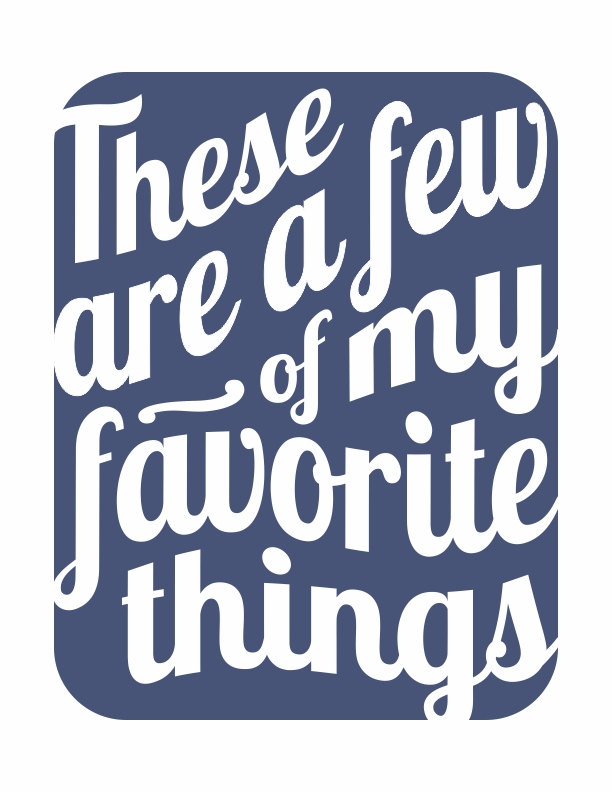 From time to time, I’ve had a few readers email asking me where to obtain/locate certain items/sites mentioned in my blog posts. So, it occurred to me to do a “Favorite Things” post with links. Tragically, I am not Oprah and cannot afford to surprise you all by having these items magically appear under the seat in which you are now sitting. I am not an Amazon Associate or affiliated with any of these products, nor will I be receiving any sort of compensation or blog promotion for them (other than my shameless linking to my own posts). 🙂
From time to time, I’ve had a few readers email asking me where to obtain/locate certain items/sites mentioned in my blog posts. So, it occurred to me to do a “Favorite Things” post with links. Tragically, I am not Oprah and cannot afford to surprise you all by having these items magically appear under the seat in which you are now sitting. I am not an Amazon Associate or affiliated with any of these products, nor will I be receiving any sort of compensation or blog promotion for them (other than my shameless linking to my own posts). 🙂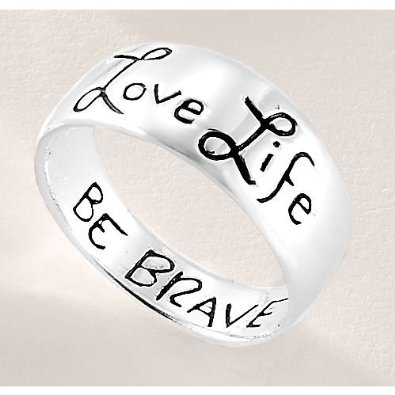
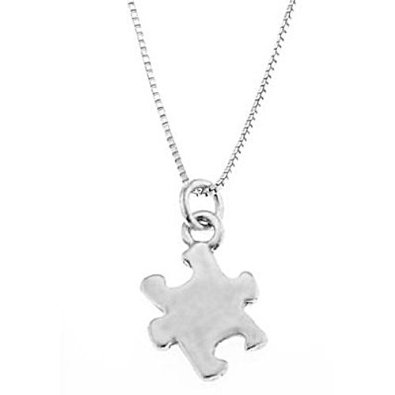

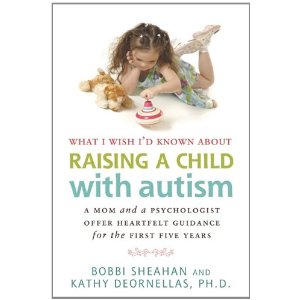
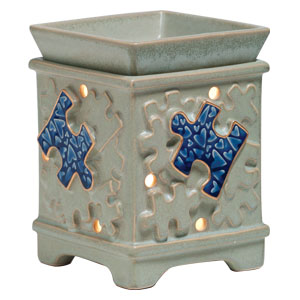
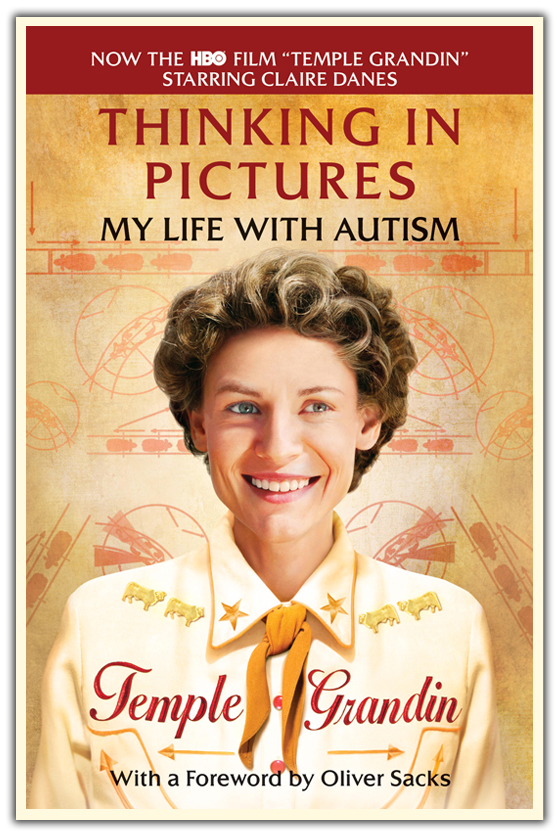

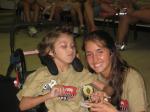
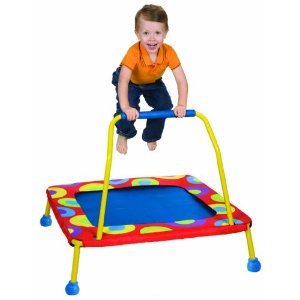
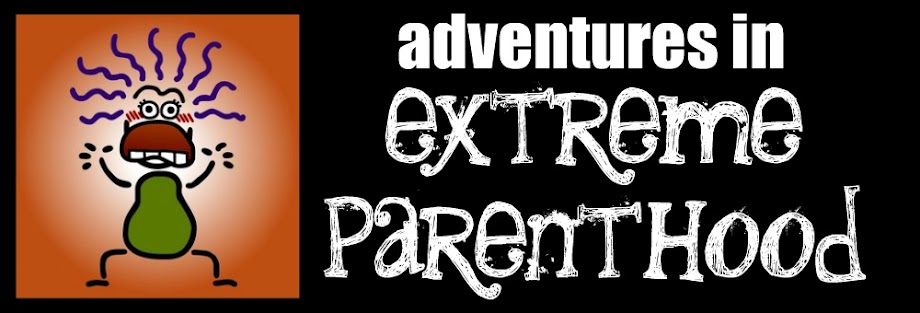







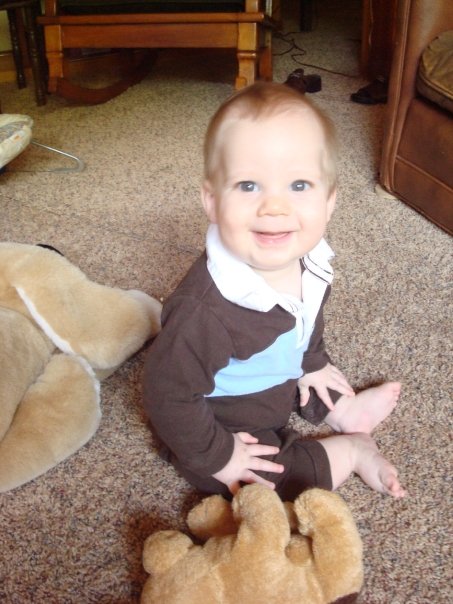
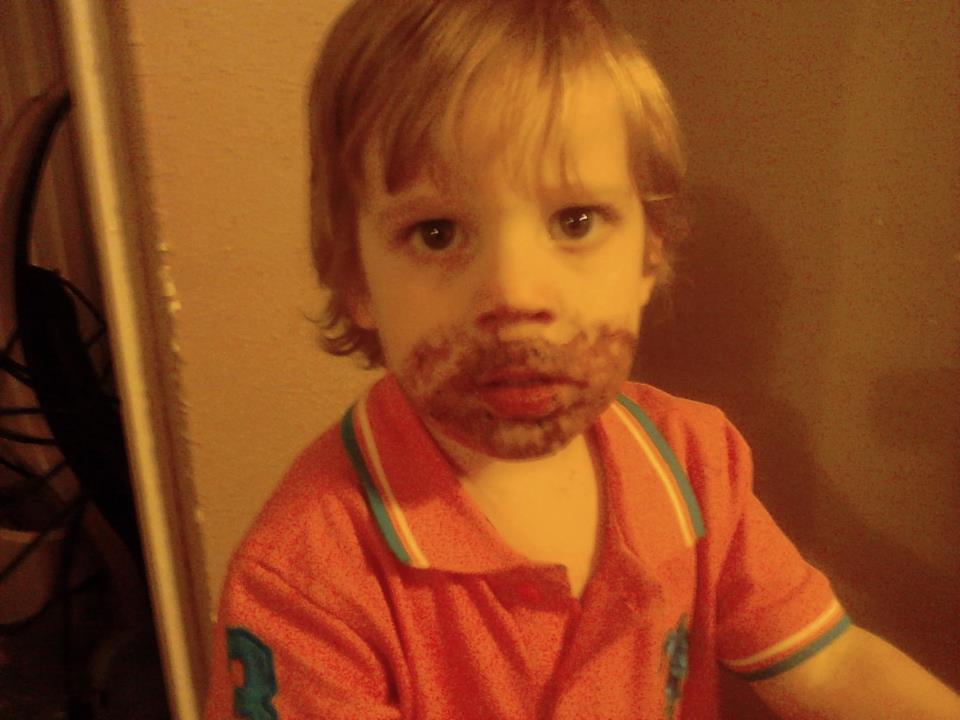
 Dear Universe, Random Chance, Fate, All Powerful Individuals My Somewhat Suspicious Grandfather Believed Controlled the State Lottery, Etc.,
Dear Universe, Random Chance, Fate, All Powerful Individuals My Somewhat Suspicious Grandfather Believed Controlled the State Lottery, Etc., No, really. I’m planning to delete it. Like later today or something.
No, really. I’m planning to delete it. Like later today or something.

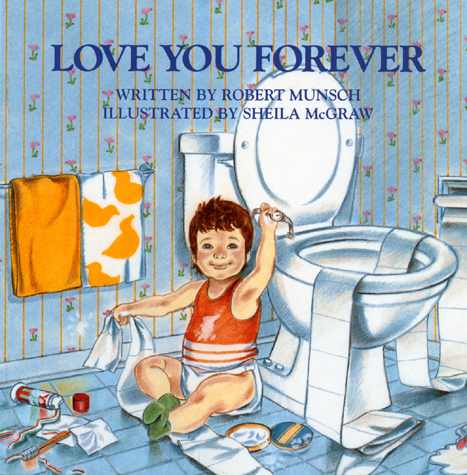
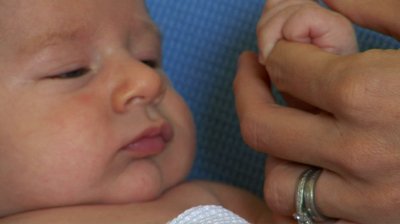
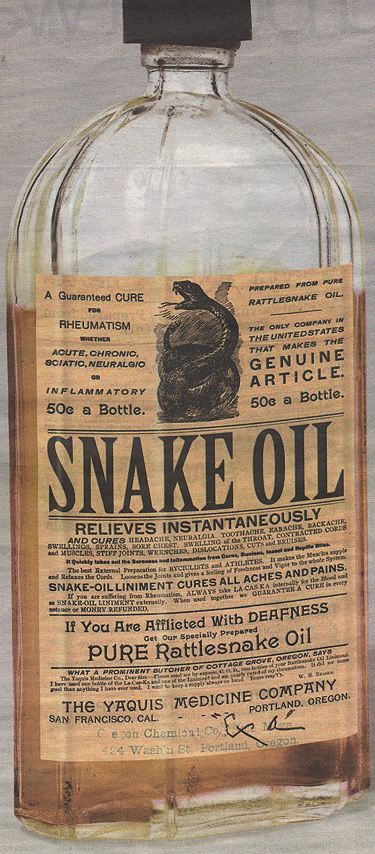
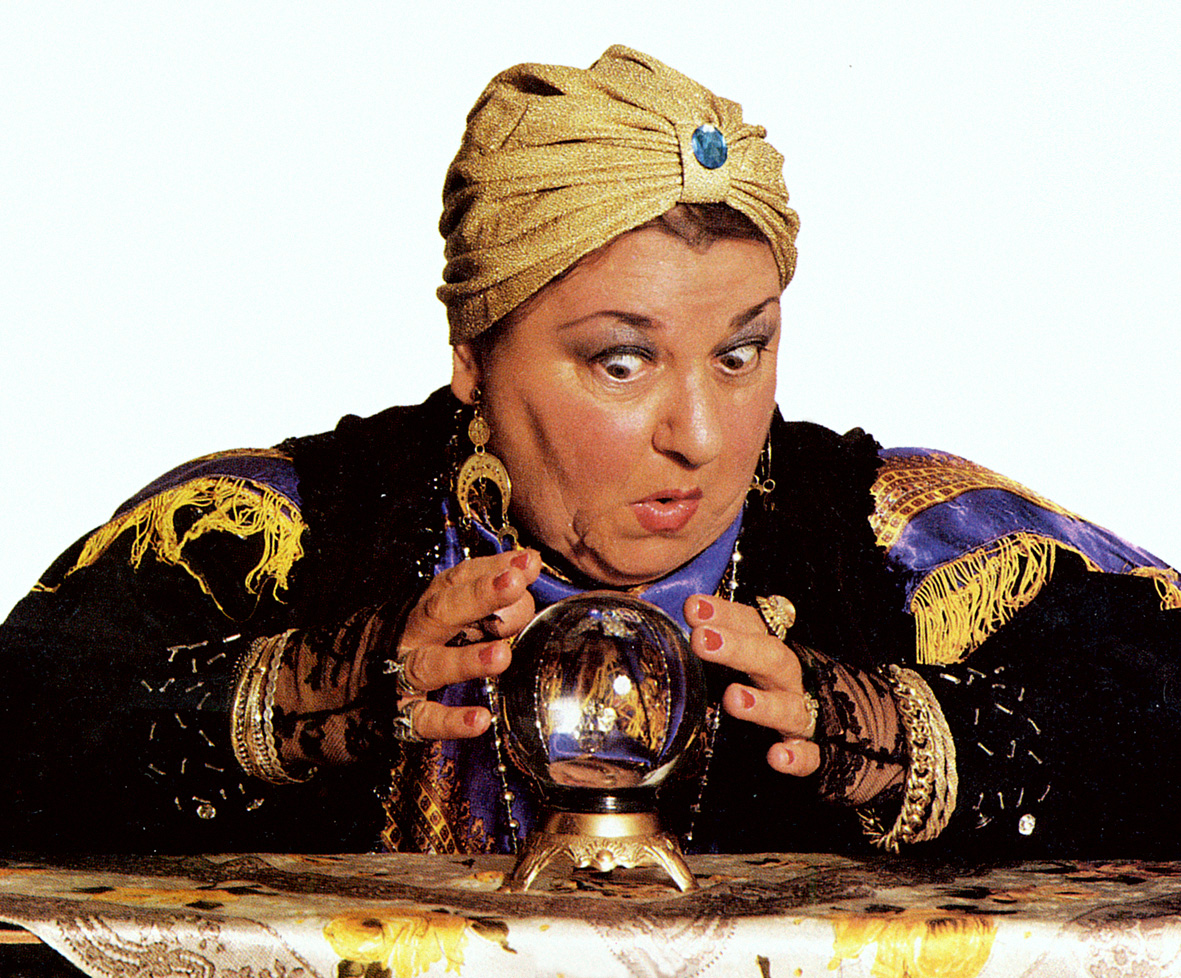
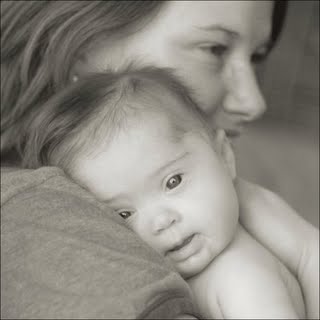


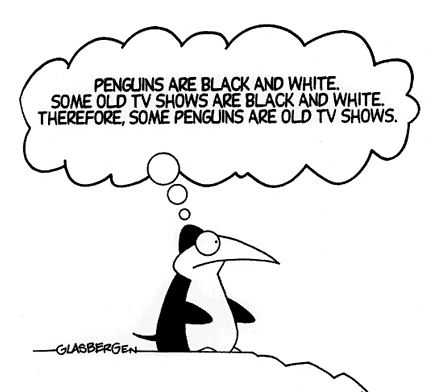

 The winner of the In His Shoes book giveaway is Karen! Karen wrote:
The winner of the In His Shoes book giveaway is Karen! Karen wrote: Since I tend to write someone dramatically and have been known to drag my soapbox around, it occurred to me that it is high time I write something happy. For not everything about autism is sad. Some of it is inspiring. Some of it is funny. And there are definitely good things about raising a child with autism. Sometimes we forget to tell others. And sometimes we forget to remind ourselves. 🙂
Since I tend to write someone dramatically and have been known to drag my soapbox around, it occurred to me that it is high time I write something happy. For not everything about autism is sad. Some of it is inspiring. Some of it is funny. And there are definitely good things about raising a child with autism. Sometimes we forget to tell others. And sometimes we forget to remind ourselves. 🙂



